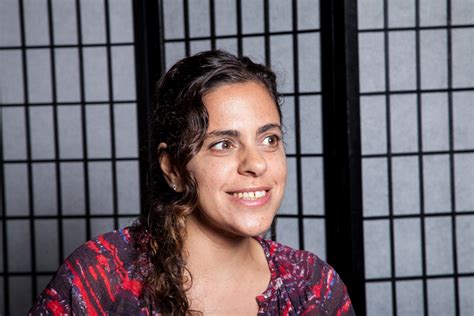A Quote by Harry J. Anslinger
Colored students at the University of Minnesota partying with (white) female students, smoking [marijuana] and getting their sympathy with stories of racial persecution. Result: pregnancy.
Related Quotes
Students at residential universities often live together and spend time on activities that aren't connected with the university. Then, should the university's rules about sexual consent extend to students' private lives? In my book, I argue that these narrow rules should extend to students' private lives no matter what or where they happen to be conducting those lives. The logic is that sexual assault is a form of discrimination and denies the victim an equal education. The point of university life is to get that diploma and nothing should stand in the way.
Public education for some time has been heavily focused on what curricula we believe will be helpful to students. Life-Enriching Education is based on the premise that the relationship between teachers and students, the relationships of students with one another, and the relationships of students to what they are learning are equally important in preparing students for the future.
I fear that the impact of university censorship and university denial of due process will be to mis-educate a generation of students away from core values of civil liberties and constitutional safeguards. Students who have been led to believe by university administrators and faculty that censorship and denial of due process are acceptable norms will be more susceptible to accepting those norms in their post-university lives. That would be a tragedy for America.
A lot of my students have been quite notable. Notable in both the personal sense - people who have changed my life - and notable in that many have gone on to enormous success in their writing careers. Whether or not I had a lot to do with those success stories, I'm very proud and happy for my former students getting on the map.
A bag of quality marijuana in Minnesota will cost you 400 bucks, in Colorado it'll cost you 100 and a quarter. Medical Marijuana, a pill that you've got to pay for - which, it's allowed in Minnesota, but it's so restricted - costs $600 a month. If you live in Colorado you can get the same medical marijuana for $30 a month. See why it needs to be legalized across the board?
































